The ReNew2030 coalition is a network of regional climate foundations and transnational organizations that support a diverse group of on-the-ground implementation partners across the globe.
PartnersCollaborators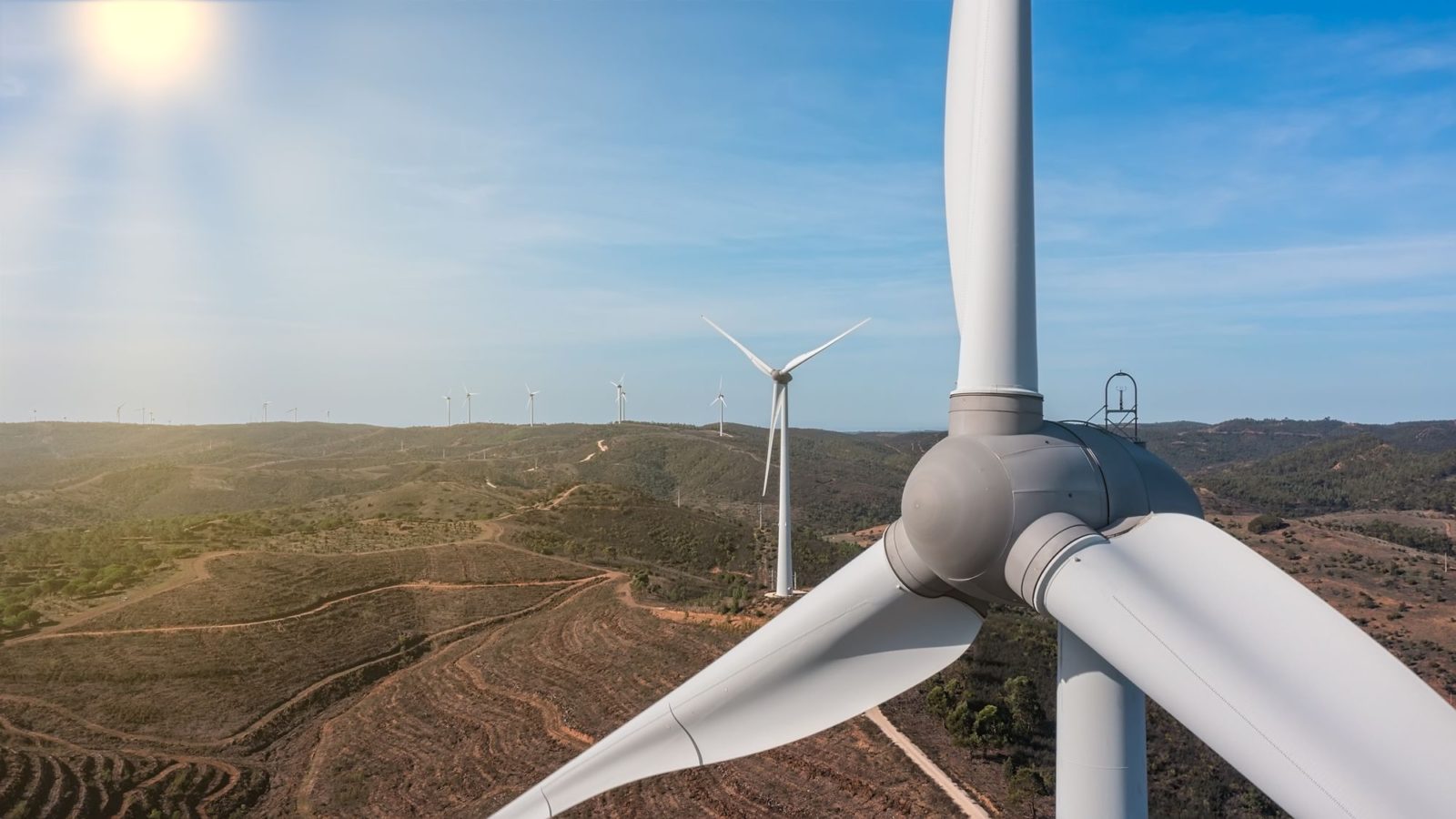
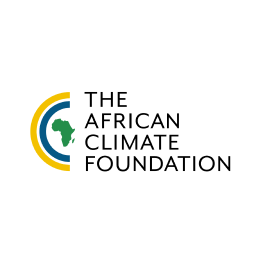
The African Climate Foundation, established in 2020, is the first African-led strategic grant-maker working at the nexus of climate change and development.
The transformation of African economies requires impact at a systems level to shift existing and future path dependencies at a national, regional and international level and across key economic sectors. ACF believe that climate change interventions have immense potential to unlock new opportunities for development in Africa.
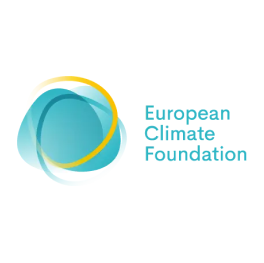
The ECF is a philanthropic initiative working to help tackle the climate crisis by fostering the development of a net-zero emission society at the national, European, and global level. The ECF supports over 700 partner organisations to carry out activities that drive urgent and ambitious policy in support of the objectives of the Paris Agreement, contribute to the public debate on climate action, and help deliver a socially responsible transition to a net-zero economy and sustainable society in Europe and around the world.
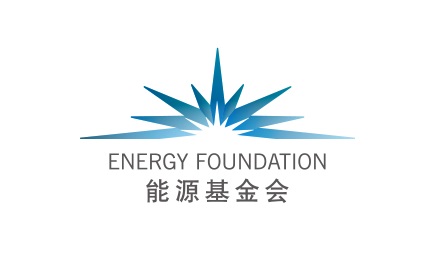
Energy Foundation China (EFC) is a professional grantmaking charitable organization. It has been working in China since 1999, and is dedicated to China’s sustainable energy development. EFC support policy and standard research, capacity building, and international cooperation across seven fields: power, industry, transportation, cities, environmental management, low carbon economic growth, and strategic communications. In addition to the sector-by-sector work, EFC also contribute to crosscutting and integrated issues that have big impacts on China’s decarbonized development through six task forces: Long-Term Strategy for Decarbonization, Urbanization, Coal Transition, Electrification, Air Quality, International Cooperation.

EF U.S. is a partnership of philanthropies focused on securing a clean and equitable energy future to tackle the climate crisis. Since 1991, Energy Foundation grantees have made significant progress in the largest-emitting sectors of the economy in the states with the greatest potential for carbon abatement.
EF U.S envision a healthy, safe, equitable economy powered by clean energy. EF U.S believe a thriving clean energy economy can create sustainable opportunities, spur innovation, and protect our climate—for today and future generations.

Iniciativa Climática de México aims to catalyze international climate policy at the national and city levels to reduce greenhouse gas and compound emissions and to promote low-carbon growth in Mexico.
We decisively influence decision-making on climate change in the public sector, private sector and at a social level, so that Mexico adopts and implements ambitious mitigation actions. We lead the efforts to transform Mexico into a leader and a global example in terms of climate change.
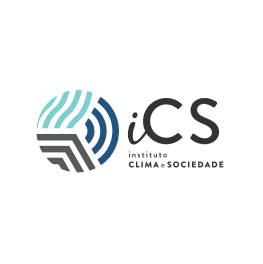
Institute for Climate and Society is a philanthropic organization that supports projects and institutions that aim to strengthen the Brazilian economy and the geopolitical positioning of the country, in addition to reducing inequality by tackling climate change and providing sustainable solutions.
iCS was created in 2015, the same year as the Paris Agreement. Its function from the beginning has been to finance and catalyze the climate agenda in Brazil. The Institute embraces its mission with practical and strategic work, bringing to Brazil resources from major international funders – and raising support from Brazilian funders – to support various local agents who fight for Brazil in order to avoid the negative impacts of global warming. Much more than a financial intermediary, iCS promotes dialogue between the sectors, adds knowledge and establishes networks of information, intelligence and cooperation, aiming to achieve the well-being of the population.
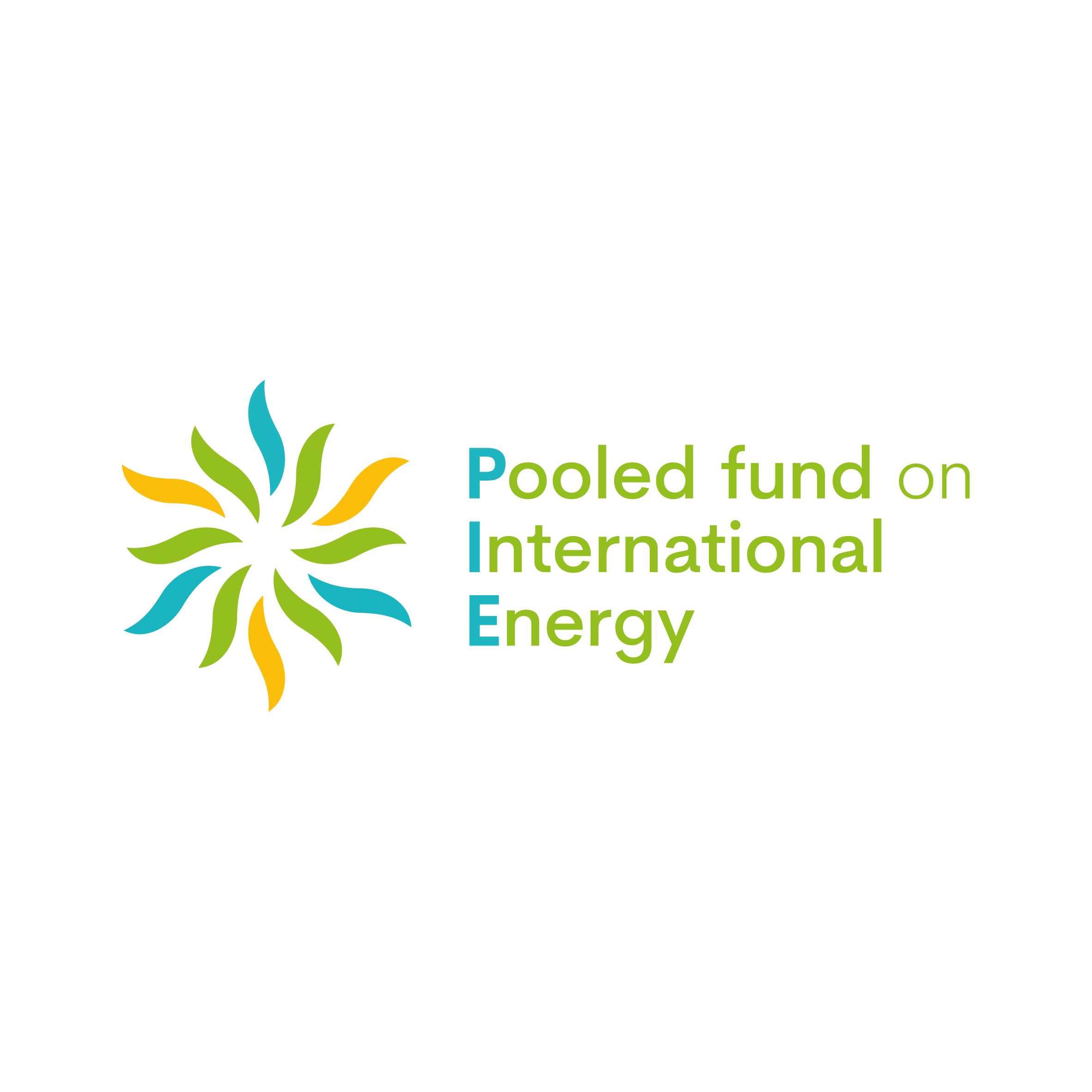
Pooled fund on International Energy’s (PIE) mission is to secure a safe climate, clean air and prosperity through encouraging a just transition in the power and steel sectors in time to achieve the world’s commitments made at the Paris Climate Conference in 2015.
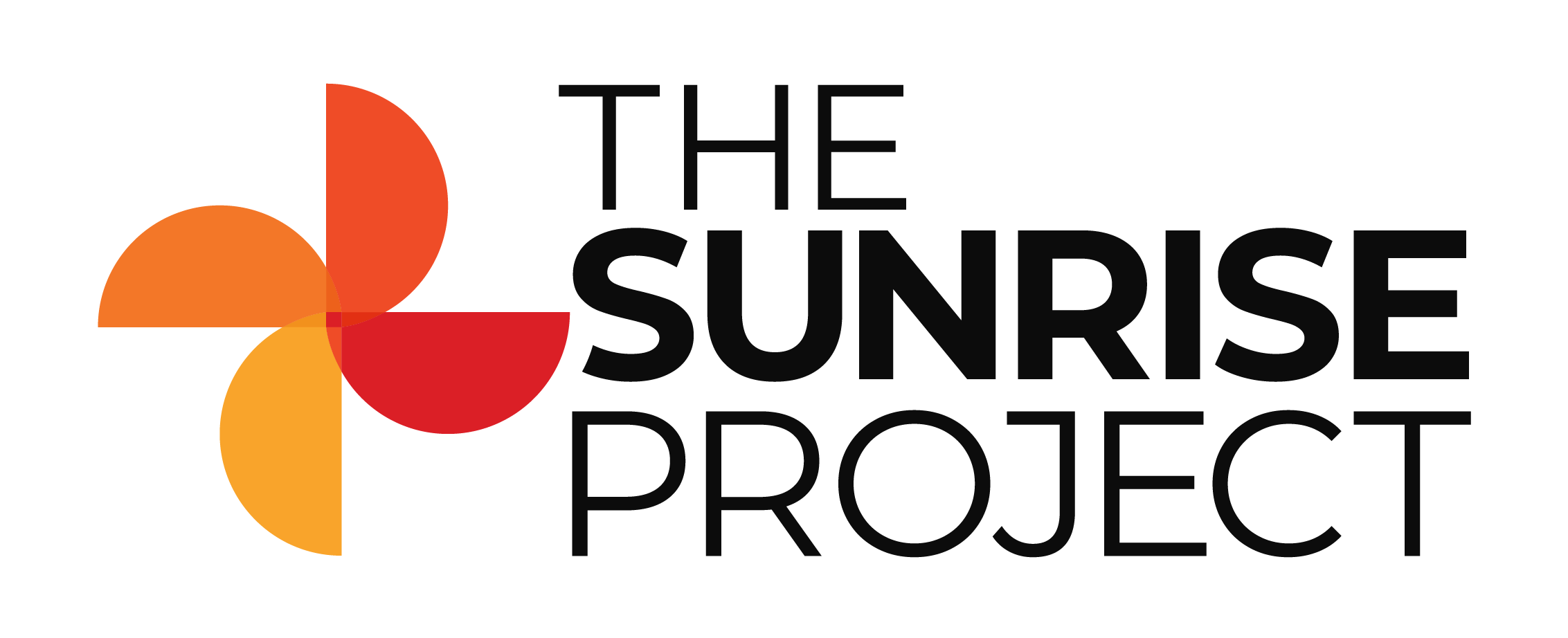
The Sunrise Project is a network of changemakers who believe in the power of social movements to change the world. From ending slavery to civil rights to women’s suffrage: social movements have achieved impossible things to make the world a better place. Now, more than ever, we need to nurture and scale powerful movements to solve the climate crisis.
Sitting at the intersection of social movements and philanthropy, we’ve developed a ‘directed network’ model that supports networks of people and organisations to work together to achieve large-scale change that wouldn’t have been possible by individual organisations acting alone.

Tara Climate Foundation is focused on reallocating climate mitigation funding to Asia. They began making grants to organisations working on climate change in East, Southeast, and South Asia (excluding China and India) in 2014. During this time they have provided support to key thought leaders and organisations focused on climate and energy in Asia. Today, they continue to collaborate with a global network of foundations and stakeholders to scale impact and accelerate climate action across Asia.